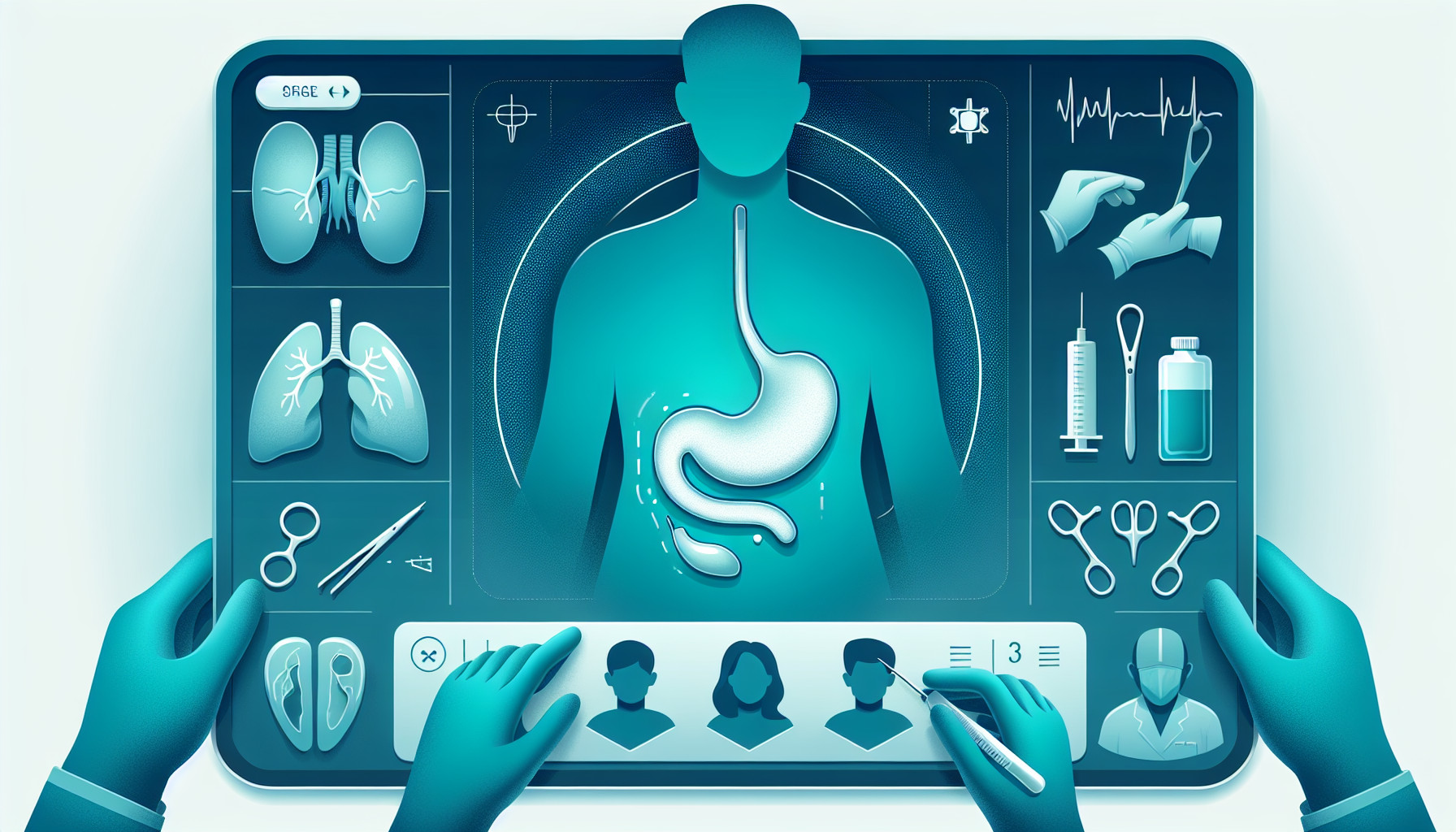Our Summary
This research paper looked at the best time to perform a gallbladder removal surgery (cholecystectomy) during pregnancy. Traditional thought suggests the second trimester is the best time for this surgery. However, there’s not much research to back up this idea.
The researchers used a national database to look at pregnant women who had gallbladder surgery between October 2015 and December 2017. The women were grouped by which trimester of pregnancy they were in when they had the surgery. Then, the researchers compared the outcomes for these groups, including complications for the mother and baby, length of hospital stay, and hospital charges.
The study included 819 pregnant women. About a quarter of them had surgery in the first trimester, about half in the second trimester, and the rest in the third trimester.
The results showed that having the surgery in the first trimester did not lead to more complications compared to the second trimester. However, having the surgery in the third trimester did lead to a higher rate of premature birth and overall complications for the mother and baby. It was also more expensive.
The researchers concluded that gallbladder surgery can be performed in the first trimester without significantly more risk of complications for the mother and baby, compared to the second trimester. But, it’s not a good idea to delay the surgery until the third trimester.
FAQs
- What was the traditional thought about the best time to perform gallbladder removal surgery during pregnancy?
- What did the research find about the risk of complications from gallbladder surgery in the first trimester versus the second trimester?
- Why is it not recommended to delay gallbladder surgery until the third trimester of pregnancy?
Doctor’s Tip
Overall, it is important for pregnant women considering cholecystectomy to discuss the timing of the surgery with their healthcare provider. It may be safe to have the surgery in the first trimester, but it is best to avoid waiting until the third trimester to reduce the risk of complications for both the mother and baby.
Suitable For
Patients who are typically recommended cholecystectomy include those with symptomatic gallstones, gallbladder inflammation (cholecystitis), gallbladder polyps, gallbladder cancer, and bile duct blockage. Additionally, patients with recurrent episodes of biliary colic, pancreatitis, or jaundice may also be recommended for cholecystectomy. Pregnant women with symptomatic gallstones or gallbladder disease may also be considered for surgery, with consideration given to the timing of the procedure to minimize risks to both the mother and baby.
Timeline
Before cholecystectomy:
- Patient experiences symptoms such as abdominal pain, nausea, vomiting, and bloating due to gallstones or inflammation of the gallbladder.
- Patient undergoes diagnostic tests such as ultrasound, blood tests, and possibly a CT scan to confirm the need for surgery.
- Patient may be advised to make dietary changes and take medications to manage symptoms before surgery.
After cholecystectomy:
- Patient undergoes surgery to remove the gallbladder, either laparoscopically or through an open procedure.
- Patient stays in the hospital for a few days for monitoring and recovery.
- Patient may experience some pain and discomfort at the incision site, but this improves over time.
- Patient is advised to follow a specific diet and avoid certain foods to prevent digestive issues after surgery.
- Patient may experience diarrhea or changes in bowel habits as the body adjusts to not having a gallbladder.
- Patient typically recovers fully within a few weeks and can resume normal activities.
What to Ask Your Doctor
Some questions a patient should ask their doctor about cholecystectomy include:
- What are the risks and benefits of having a cholecystectomy during pregnancy?
- Is it safe to have the surgery in the first trimester, or should I wait until the second trimester?
- How will having the surgery in a specific trimester affect me and my baby’s health?
- What are the potential complications of delaying the surgery until the third trimester?
- Will the surgery be performed laparoscopically or through open surgery?
- How long will the recovery process be, and how will it impact my pregnancy?
- Are there any alternative treatments or medications that can help manage my symptoms instead of surgery?
- What are the long-term implications of not having the surgery during pregnancy?
- How experienced are you in performing cholecystectomies on pregnant patients?
- Can you provide me with any additional resources or information to help me make an informed decision about the surgery?
Reference
Authors: Cheng V, Matsushima K, Ashbrook M, Matsuo K, Schellenberg M, Inaba K, Sandhu K. Journal: J Am Coll Surg. 2021 Jul;233(1):29-37.e1. doi: 10.1016/j.jamcollsurg.2021.03.034. Epub 2021 May 3. PMID: 33957256
